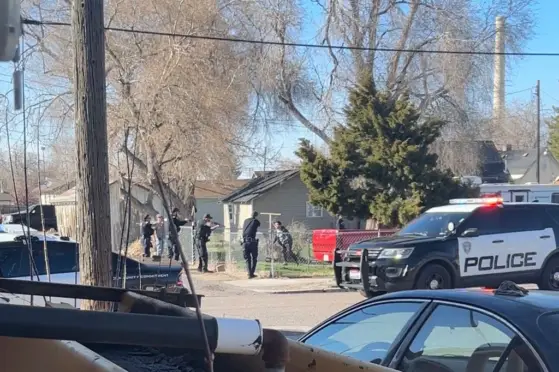Can’t We All Just Get a Bong? Part 2 – Nevada Legalization Takes Arizona’s No Home Grow “Halo” Rule
In Part 1 – Can Massachusetts Legalizers Learn from Maine?, we began our look at competing marijuana legalization initiatives for the 2016 election.
2010 was the year when medical marijuana shifted away from being primarily about compassion and started focusing on being about money.
It was then that Marijuana Policy Project (MPP) was fighting for their medical marijuana initiative in Arizona. Despite the fact the state had already passed medical marijuana in 1996 and re-affirmed it in 1998 by well over 60 percent each time, MPP felt that a conservative approach was necessary to win marijuana reform in Arizona. Indeed, the 2010 measure got just 50.13 percent of the vote, but was that because it lost support for its controversial home grow provision?
MPP’s Arizona initiative was the first medical marijuana law proposed that did not allow every patient to cultivate his or her own cannabis plants. Instead, a comprehensive system of dispensaries would be established where patients could buy medical marijuana. If a patient lived within 25 miles of a dispensary, he or she was forbidden from cultivating cannabis at home.
Shockingly, when MPP was asked for the reason why patients should have to be bound to purchase expensive marijuana from dispensaries rather than grow their own, their spokesperson explained that it was to ensure the dispensaries would be viable and to give them a market. The 25 mile radius around legal dispensaries became referred to as a “halo”, contrary to the nefarious effect it had on invalidating the medical grow rights of over 97 percent of the population of Arizona.
In another Southwestern state, the legislature of Nevada in 2013 applied MPP’s Arizona halo to their medical marijuana program. The bill finally established a system of legal dispensaries for Nevada patients who’d been going without since their law passed in 2000 with almost two-thirds of the vote. In exchange, however, almost all the Nevada patients who live within 25 miles of a dispensary lose their right to cultivate as of April 1, 2016.
Nevada’s got one of MPP’s Campaign to Regulate Marijuana Like Alcohol (CRMLA) initiatives already on the ballot for 2016. To comport with the legislature’s newly-established medical halos, Nevada’s initiative similarly bans home growing, but in a very sneaky way. In Section 6 of the initiative, CRMLA promises that adults may cultivate six mature plants with no more than 12 plants per household, “except as otherwise provided in Sections 1 to 18…”
You have to look further down into Section 14 before you discover “any person who cultivates marijuana plants within 25 miles of a retail marijuana store…” is guilty of a misdemeanor with fines that start at $600 for the first offense all the way up to a felony for the fourth offense.
But while MPP’s Nevada CRMLA is instituting Arizona’s 25-mile halo rule, MPP’s Arizona CRMLA is dismantling the halo. Included in the proposal are the same six mature plants with no more than 12 plants per household, but no additional penalty for cultivating near a marijuana store. Presumably, the medical marijuana halo rule would still be in effect, but it would be unenforceable if a patient stayed within the adult personal cultivation limits.
Arizona CRMLA also provides protections for cannabis consumers. Drug testing for “components of marijuana” (read: not just metabolites) can’t be the sole basis for punishment by the state. That means an end to per se DUID laws in Arizona, where there is “zero tolerance” for any amount of THC or metabolites in your system with a mandatory 24 hours jail. Decisions regarding parental rights and child care are also protected from discrimination on the basis of lawful cannabis use.
Arizona’s CRMLA this week announced they had topped 100,000 signatures to make the ballot. They need over 150,000 valid signatures and are aiming for over 230,000 to be sure they qualify.
Meanwhile, a grassroots group called Arizonans for Mindful Regulation (AMR) continues its quixotic attempt to place “REAL marijuana legalization” on the ballot for 2016. They propose greater limits on personal possession of marijuana and concentrates, greater allowances on home cultivation, unlimited licensing of commercial producers and processors and ten times CRMLA’s proposed limit on retailers.
The problem, as it often is for the grassroots, is a lack of funding, which translates to a lack of paid signature gatherers, which means not making the ballot. The most recent report on AMR’s signature count was around 6,000 through August.






